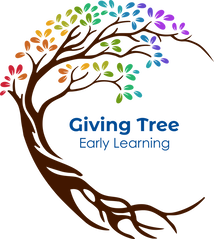|
One of the biggest questions I receive from parents and professionals alike, is "what is your philosophy of education?" While many may see that as a simple question with a straight forward answer, I find that it is anything but! Our philosophy of education is intricate and includes not just our academic approach but also the environment, the child, the families and educators. Image of the Child We believe that all children have the right to quality early childhood education. We view each child as capable, curious and a willing participant of the learning process. Every child has a right to a learning environment that meets their needs, including the right to educators who recognize their individual strengths and who support their development. We believe that children have the right to self regulation, discovery, exploration and mess making. We seek to foster a love of learning and a collaboration between ourselves and the children as we learn alongside of each other. We believe children are CAPABLE of... Who is the Child to Me Children are the most important aspect of life, for without them all would cease to exist. The role of a teacher is to nurture, love, provide care, support and help to develop the child. We love what we do and are here because we believe that children deserve the opportunity to thrive. We seek to build connections with our children, their families and the community. In order to understand our role as educators, we must first understand, “Who is the child to me?” We believe the child is... The Role of the First Teacher- the Parent We believe that the first teacher in a child’s life is his/her parent. From their first breath, you are there to help guide and shape their development. Your role is crucial in helping them to become confident and capable human beings. We recognize the immense importance of this relationship and seek to build relationships with you and your child to foster a collaborative learning experience. Through family engagement and communication, we look to build connections that will further our understanding of your culture and life experiences so that we may better serve the needs of your child and your family. We believe parents are... Environment as the Third Teacher We believe that there are three teachers in a child’s life- 1. the parent, 2. the child and 3. the environment. The environment serves as a source of inspiration for your child's curiousity, sense of self and learning. We strive to provide children with real world interactions that include nature, realia (real world objects), and appropriate risk taking. Our classroom and play environments reflect this commitment to providing hands-on learning experiences for your children. Attention to color, aesthetics and function resonate in each space to create invitations to play and provocation of learning. Each environment features elements of light, color, nature, loose parts (open-ended play materials) and the 10 learning centers as outlined by Paths to QUALITY; Reading/Literacy, Writing, Mathematics, Science, Sensory, Music, Blocks, Manipulatives, Dramatic Play and Art. Jewish Values The heart of our school can be found within the culture, values and traditions of Judaism that the children experience each day. Mitzvot (good deeds), tzedakah (charity), and chesed (kindness) are part of each classroom community. The students of our Ganon (pre-k) classroom reflected on what Judaism means to them sharing words and thoughts to create the word cloud below. Following, they created pictures of their understanding of Judaism and Jewish values. Curriculum: A Child-Directed Approach
The Giving Tree Early Learning program is deeply inspired by the Reggio Emilia philosophy of education. Following WWII, the town of Reggio Emilia was war-torn and hurting. In order to heal, the town believed that the future lies with the children. Thus the Reggio Emilia philosophy was born with the guidance of Loris Malaguzzi. This philosophy believes that children have undeniable rights, including the right to construct their own knowledge. With this inspiration, the teachers seek to help facilitate the exploration of the interests of the students through the Hundred Languages of Children. Malaguzzi describes the Hundred Languages of Children as the "infinite ways that children can express, explore, and connect their thoughts, feelings and imaginings.” Each day, teachers provide invitations to play and p rovocations as a way to ignite new discoveries that blend the Hundred Languages with developmentally appropriate practices. We pair the Indiana Early Learning Foundation Standards with hands-on, child-directed learning opportunities to support the development of the whole child. We utilize the Handwriting Without Tears program and incorporate Math Their Way concepts into our mathematical explorations to support the academic rigors needed for success in Kindergarten and beyond.
0 Comments
Your comment will be posted after it is approved.
Leave a Reply. |
AuthorMrs. Alethia Minlaff, Director: you can reach her by emailing [email protected] Archives
May 2024
Categories
All
|
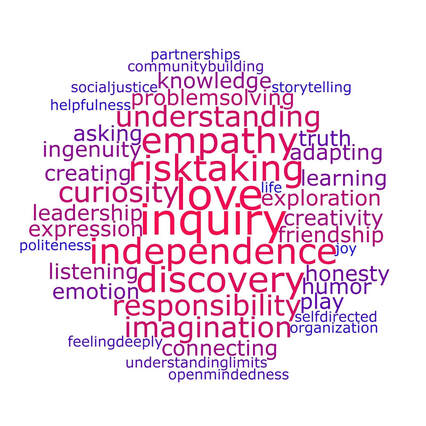
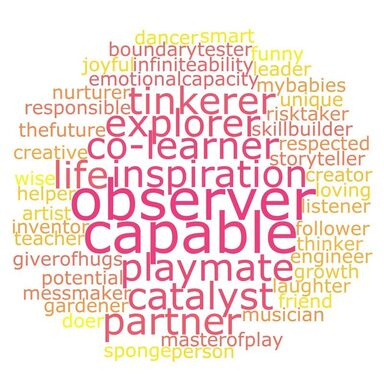
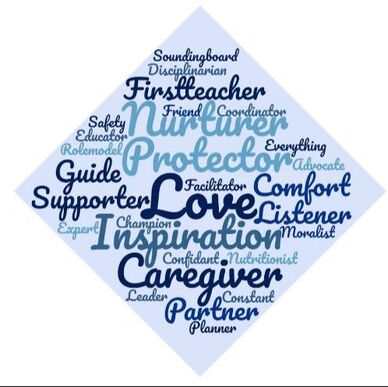
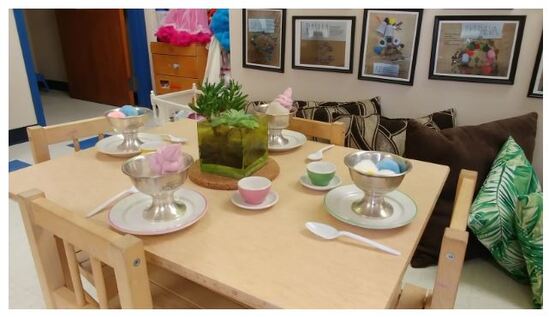
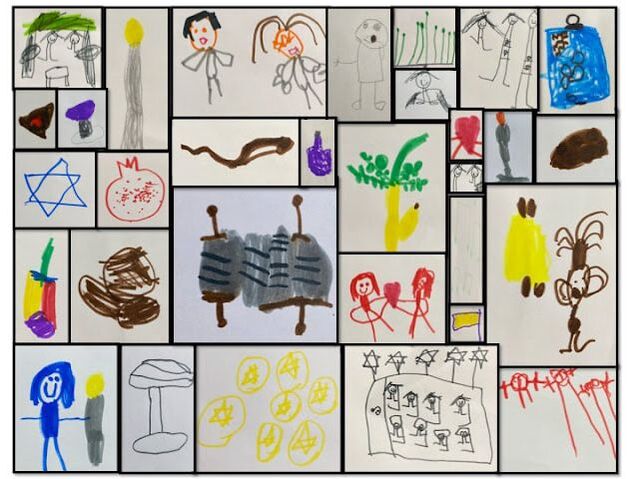
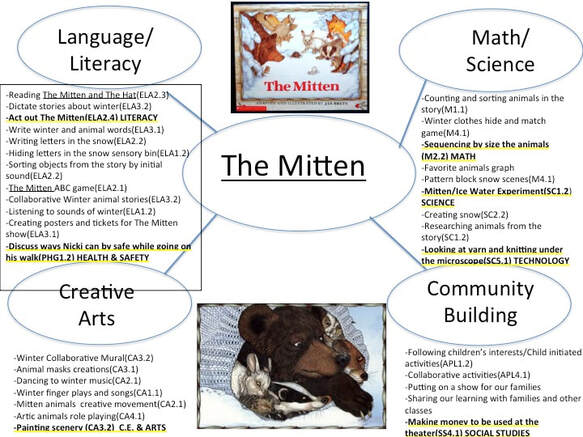
 RSS Feed
RSS Feed
